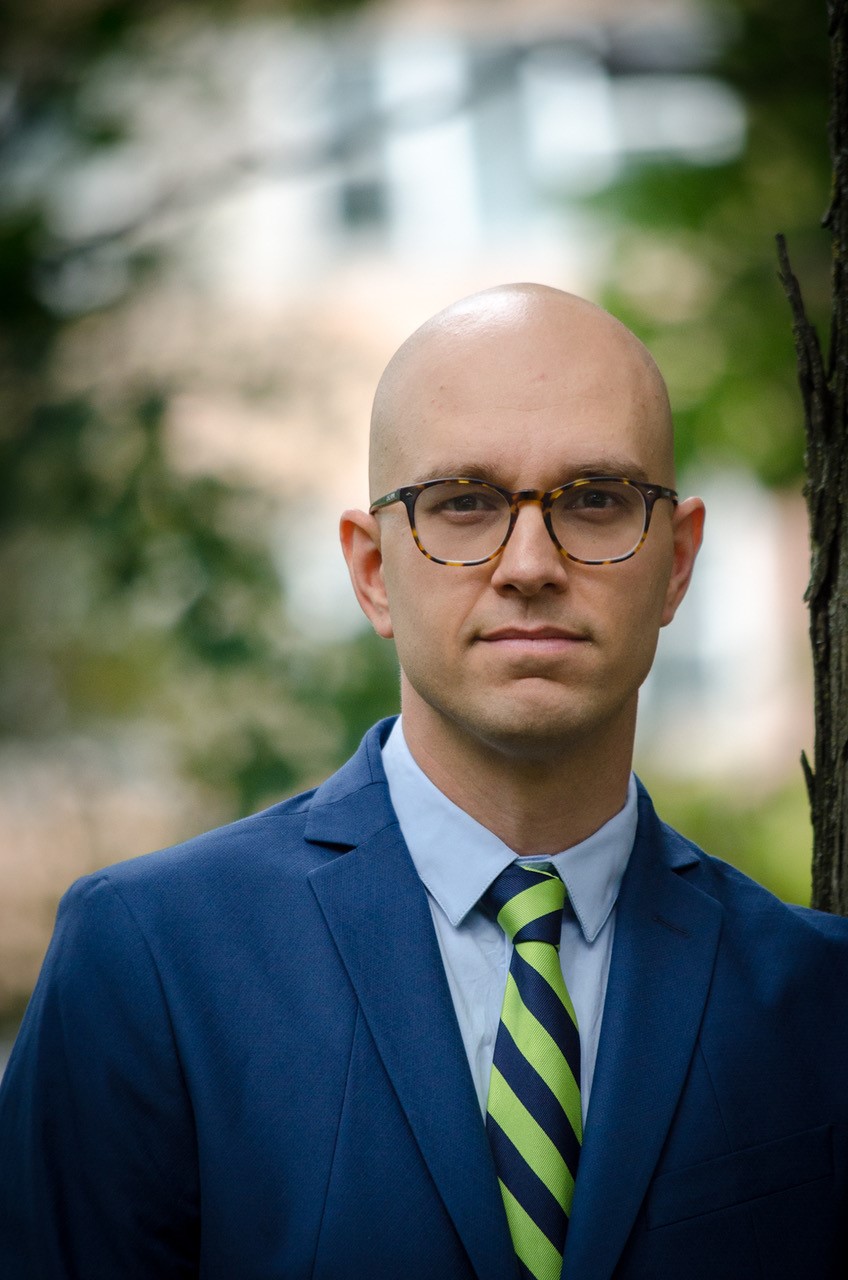Since 2013, McGill has honoured 30 early-career researchers who have distinguished themselves by their exceptional contributions to research through the President’s Prize for Outstanding Emerging Researchers. Among this year’s recipients is Sébastien Jodoin, Associate Professor in the Faculty of Law and Canada Research Chair (Tier II) in Human Rights, Health, and the Environment. Professors Angelica Galante (Faculty of Education) and Jianyu Li (Faculty of Engineering) are also honoured with the prize.
“These three exceptional emerging scholars exhibit a remarkable record of research and teaching accomplishments, proving themselves as leaders in their field now and into the future,” said Deep Saini, President and Vice-Chancellor. “Their dedication and talent in addressing vital issues inspires us all.”
Administered by the Office of the Vice-President, Research and Innovation, the prize, which includes a monetary award, honours individuals across all disciplines.
A leading voice in human rights-based health and environmental law

When he was diagnosed with multiple sclerosis (MS) in 2015, Jodoin was in survival mode, coping with symptoms and treatments, and rebuilding his whole approach to life.
“Like 65 percent of people with multiple sclerosis, I used to experience symptoms of heat sensitivity when the Montreal weather became hot and humid. This lived experience led me to realize that people with disabilities were differentially affected by climate change, yet were completely neglected in climate adaptation efforts,” says Jodoin.
Jodoin has an exceptional record of accomplishments, including an extensive portfolio of publications in leading journals across multiple disciplines and a remarkable track-record of securing research funding from national and international agencies. He is a committed educator, supervisor, and mentor, and has enthusiastically served the University through academic service. This August, he will begin his new position as the Associate Dean for Research in the Faculty of Law.
Jodoin’s expertise is also highly sought-after by policymakers, activists and the media. His research has gained the attention of G7 leaders responsible for disability issues, and he has provided advisory support to the Canadian government and the UK’s Department for International Development.
One-of-a-kind initiative
Drawing on his lived experience with MS and his interdisciplinary training in law, political science, and environmental studies, Jodoin founded the Disability-Inclusive Climate Action Research Programme, the only research program of its kind focused on disability-inclusive climate action.
“Through close collaboration with organizations of people with disabilities, my team and I generate, co-produce, and translate knowledge at the intersections of disability and climate justice,” Jodoin says. “I am committed to ensuring that climate solutions are developed and implemented in a manner that protects the rights of people with disabilities and empowers them as knowers, makers and doers in the climate movement.”
Jodoin is also an active presence in the media, making the connection between climate change and disability a key point of discussion. In addition to sharing his influence through podcast engagements, including the CBC’s flagship environmental show What on Earth, Jodoin is also the creator and co-producer of the Enabling Commons podcast, which centers the knowledge and leadership of people with disabilities in the world’s efforts to address the climate crisis. In 2023, he received the Changemaker Prize under the aegis of the President’s Prize for Public Engagement through Media, awarded to individuals whose dedication to sharing their knowledge with the media and the public has had a major impact on society.
Jodoin has completely recovered from the physical symptoms from his first MS relapse and has managed to stay relapse-free for eight years.
“I feel so incredibly grateful to McGill University for the role it has played in my success during the past decade. I am indebted to the talented and dedicated team of doctors, researchers, and nurses at The Neuro that have made my recovery possible,” he says.
“I am also grateful to [Faculty of Law] Dean Robert Leckey, who supported me every step of the way during this improbable journey, most notably by putting in place the conditions that enabled me to thrive as a law professor. I met the love of my life when I was a student at McGill twenty years ago and there is no way I could have tackled MS without her undying love and support.
“I always say that I embody the Made by McGill motto more than most – even my immune system was ‘made’ by McGill,” says Jodoin.
